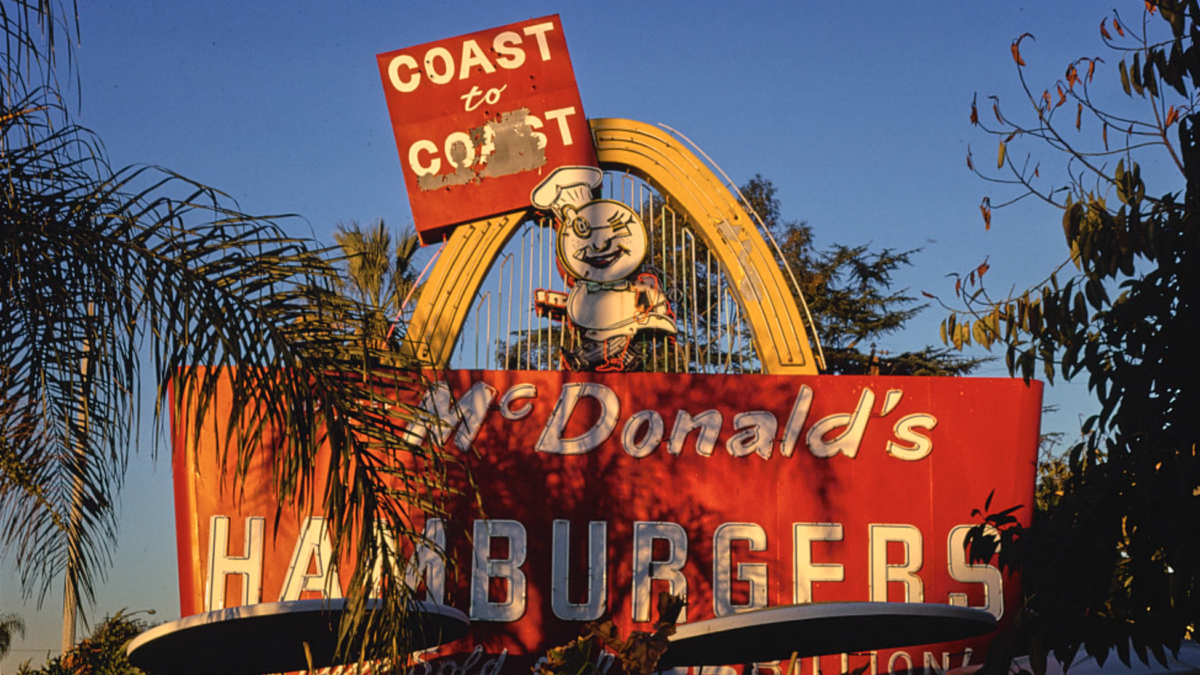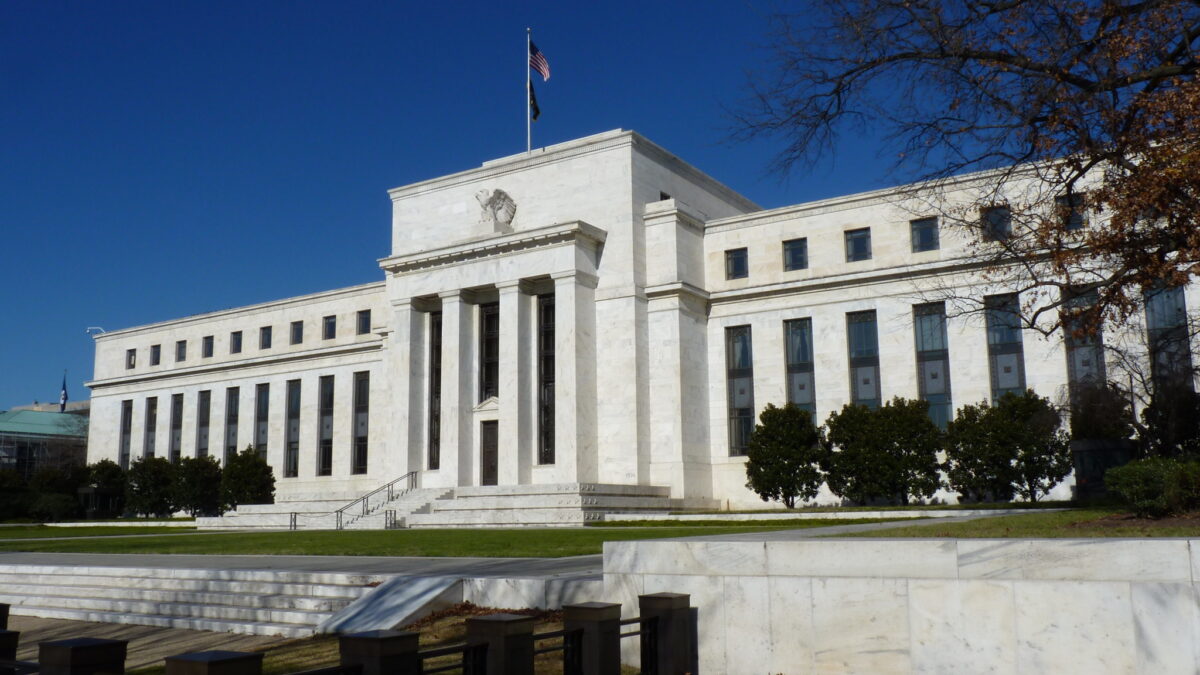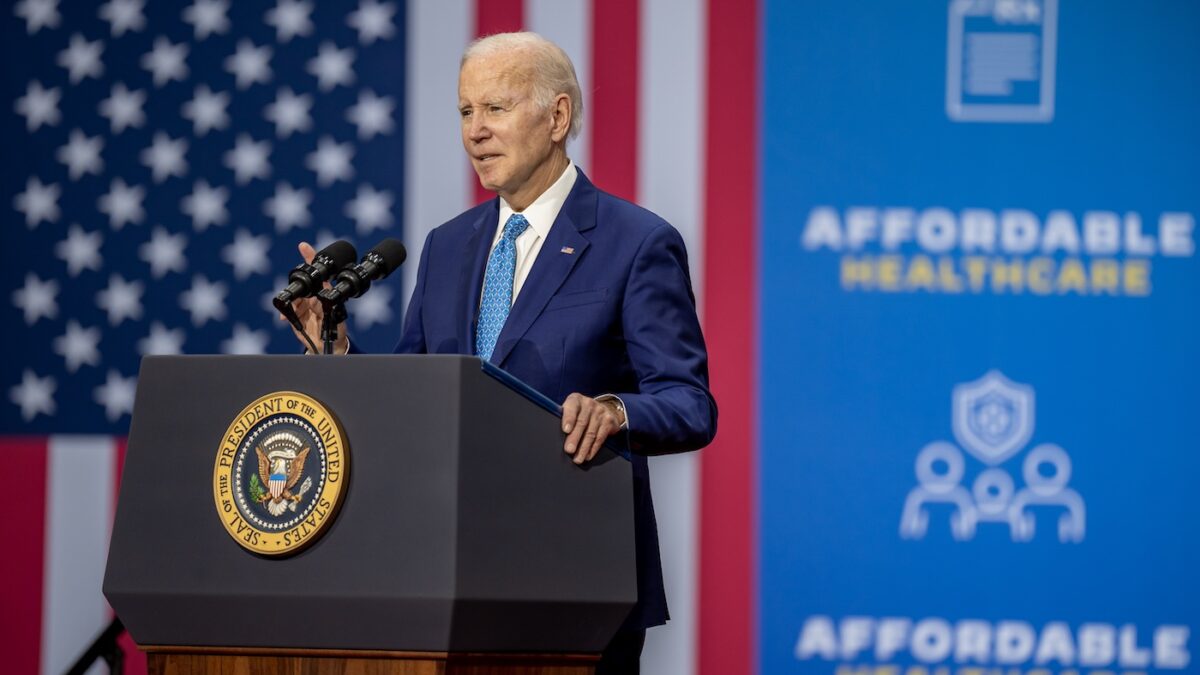Prices are rising again — but for once, Joe Biden is not to blame. Unsurprisingly, however, another Democrat is.
Recent surveys have revealed the extent to which restaurant prices have skyrocketed in California since that state’s new minimum wage for chain restaurants took effect. Even though Biden had nothing to do with this latest bout of rising costs for residents, Gov. Gavin Newsom (D-French Laundry) and Golden State lawmakers helped bring it about.
Soaring Prices
Research published in The Wall Street Journal provided visual evidence of how the required higher wage, which took effect on April 1, had raised prices of meals in California restaurants by as much as 10 percent over the past two months alone:
The Journal interviewed one Los Angeles resident who said “his usual $16 meal that he picks up weekly at the Chick-fil-A in Hollywood … now costs $20.” To most Americans, the idea of paying $16 for a fast-food meal already seems like highway robbery, let alone after tacking on a 25 percent increase. But now, as the Journal noted, the state that already had some of the highest fast-food prices in the country will have to suffer even more inflationary pain.
Governor’s Businesses Exempt
The minimum wage mandate began causing pain months before it went into effect. As I previously noted in The Federalist, establishments began laying off drivers just before Christmas in anticipation of higher wage costs, and businesses told customers they would have to raise prices to keep up. (You can’t say they didn’t warn you.)
While the mandate has obvious inflationary effects, it also has distortionary ones. Because it only applies to fast-food restaurants, businesses in other industries — even large-scale behemoths like Amazon — will not face a government requirement to raise wages. So it will make restaurants more lucrative for workers and less profitable for owners when compared to, say, grocery stores, most of which now sell prepared food similar to that prepared in fast-food establishments.
Moreover, as the Journal noted, “the California wage law doesn’t apply to restaurants with fewer than 60 national locations.” While it may sound nice to cut “mom-and-pop” operations a break from the new mandate, government has no place picking winners and losers in such a manner. More to the point: What do you think the odds are that a growing business with 59, or even 55, establishments will expand further to cross that 60-establishment threshold and expose itself to higher wage costs across all its California locations? Two words: fat chance.
There’s a further irony, and perhaps unsurprisingly, it involves Newsom. As a recent Journal editorial reported, a branch of the wine shop Newsom founded three decades ago recently advertised for a busboy opening — one that pays $16 an hour, not the $20 hourly wage required by the new law. Despite offering a $28 wagyu burger and a New York strip steak costing $67, this establishment can’t afford to pay its workers the “living wage” Newsom claims restaurant workers need.
Out-of-Touch Elites
Newsom told the Journal that he put his business “into a blind trust after he was elected Governor in 2018 and doesn’t run its restaurants on a daily basis.” (Of course he would say that.) But it’s yet another instance of politicians not even attempting to live by the standards they impose upon others. Perhaps if the chi-chi French Laundry started complaining to Newsom about the cost of labor, he would actually listen.
It shouldn’t cost an arm and a leg for a family to afford an inexpensive night out at a local quick-service establishment — one of the few treats some families get to enjoy on a semi-regular basis. But that dream, like so many others, continues to grow out of reach for so many California households, which might explain why so many of them are moving elsewhere.









